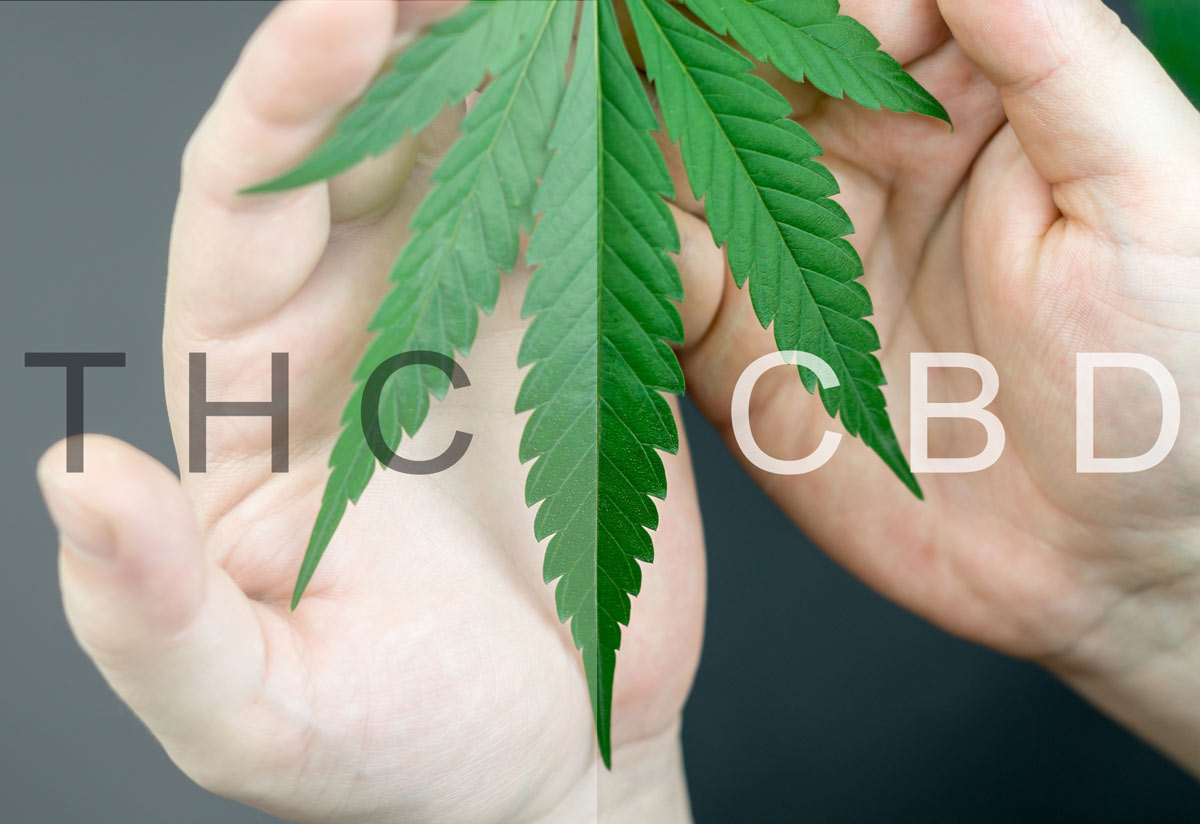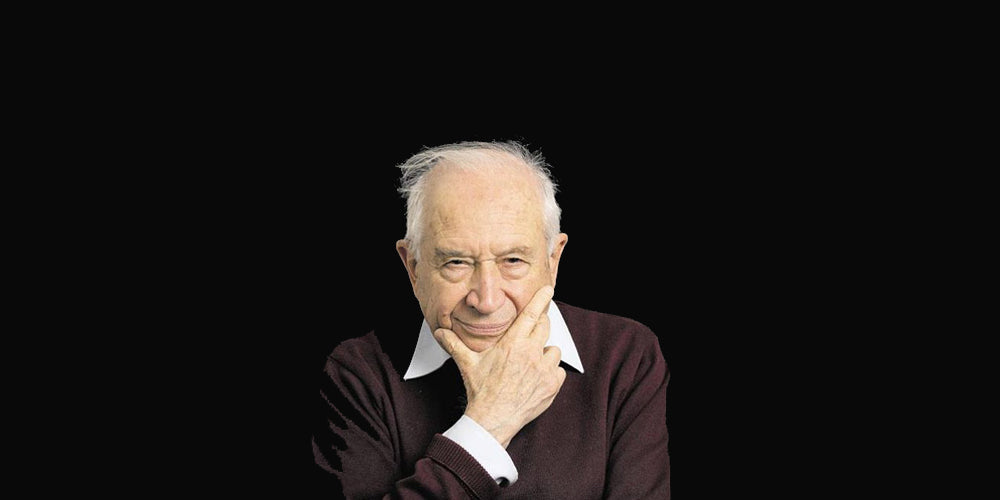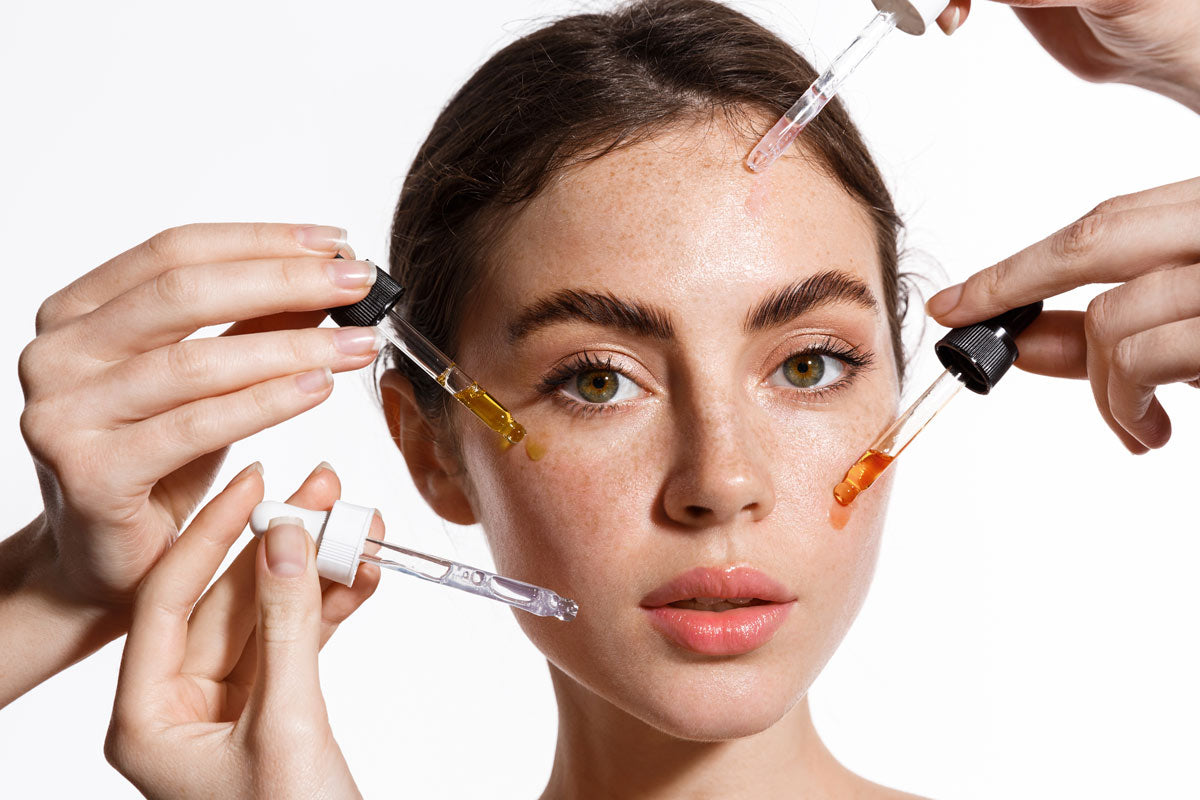
What's the Difference? | CBD vs. THC – Part I
WRITTEN BY JESSIE PHIPPS AND DR. SWATHI
Both cannabidiol (CBD) and tetrahydrocannabinol (THC) are known as phytocannabinoids, or cannabinoids found in the cannabis plant. They are two of the most abundant cannabinoids produced by the plant and exert their effects via the endocannabinoid system of the body by way of interaction with CB1 and CB2 receptors (most widely studied), as well as other receptors, proteins, and chemicals (e.g, monoamine transporters (norepinephrine, dopamine, etc.) [1,2]. Now, let’s compare these two cannabinoids in a few key areas.
What is CBD?
Click here to read more about CBD here.
What is THC?
Click here to read more about THC here.
CB1 vs. CB2
Let’s first describe functions of CB1 and CB2 in the body as it relates to CBD and THC.
What is CB1?
The CB1 receptor is abundant in the central nervous system (CNS) and peripheral nervous system (PNS). Therefore, it has a role in various physiologic activities including appetite, learning, memory, pain, energy metabolism, anxiety, and depression [4]. THC acts as a partial agonist at this receptor, leading to some of the effects of this chemical [1]. More research is needed to determine the distinct role of CBD with CB1.
What is CB2?
The CB2 receptor is most abundantly found on cells of the immune system, hematopoietic cells, and glia cells, and is upregulated in the brain during times of disease or injury. Its activation is associated with neurological defense functions and the reduction of inflammation [3]. THC also acts as a partial agonist at the CB2 receptor. CBD’s effects on this receptor are elusive since it is suggested that it acts indirectly and has better known functions at alternative receptors (e.g., TRPV1 – analgesic effect) [5]. However, we do know that CBD has an inhibitory effect on certain enzymes (e.g., cytochrome P450 system), and acts to prevent the breakdown of other phyto- and endocannabinoids [6].
Are there prescription CBD and THC?
CBD
Availability of cannabis-derived products is limited, but is being researched at a rapid rate. Currently, there is currently one FDA approved product containing CBD – Epidiolex, and it is used as an anti-seizure medication for Dravet and Lennox-Gastaut syndromes.
THC
There are two products used in the U.S. that are synthetically produced to mimic THC – dronabinol and nabilone, which are both indicated in nausea and vomiting associated with chemotherapy and to stimulate appetite in AIDS patients affected by wasting syndrome [6].
In conclusion
Motivation within the pharmaceutical industry is to isolate these compounds and study their therapeutic benefits separately, however there is evidence that both CBD and THC, along with others in cannabis, work optimally in synergy with one another. Continue reading our blogs to learn more about how CBD and THC work together in what is known as the entourage effect [1].
References
- Rudd J. Analytical Cannabis. CBD vs THC – What are the Main Differences? Available at https://www.analyticalcannabis.com/articles/cbd-vs-thc-what-are-the-main-differences-297486. Accessed Jan 19, 2022.
- Chayasirisobhon S. Mechanisms of action and pharmacokinetics of cannabis. Perm J 2020; 25:19.200.
- Shahbazi F, Grandi V, Banerjee A, et al. Cannabinoids and Cannabinoid Receptors: The Story so Far. IScience 2020; 23(7):101301.
- Zou S, Kumar U. Cannabinoid Receptors and the Endocannabinoid System: Signaling and Function in the Central Nervous System. Int J Mol Sci. 2018;19(3):833.
- Muller C, Morales P, Reggio PH. Cannabinoid Ligands Targeting TRP Channels. Front Mol Neurosci 2019; 11:487.
- National Academies of Sciences, Engineering, and Medicine. Therapeutic Effects of Cannabis and Cannabinoids. In: The health effects of cannabis and cannabinoids: The current state of evidence and recommendations for research. Washington, DC: The National Academies Press; 2017.
--
This article was edited by Dr. Swathi and was written by Element Apothec Scientific Communications Intern, Jessie Phipps. She is a Doctor of Pharmacy (PharmD) student at Nova Southeastern University College of Pharmacy in Davie, Florida.











